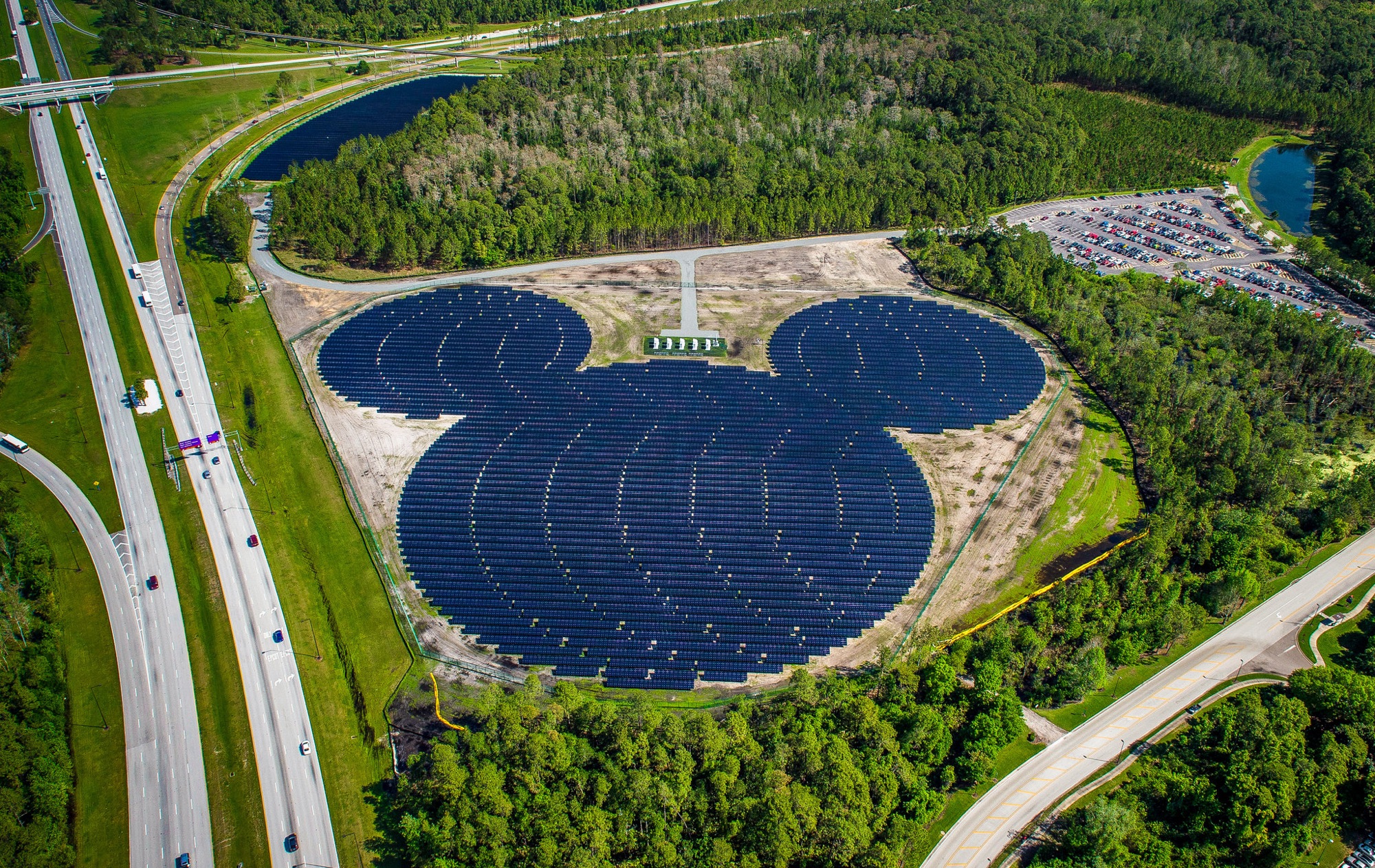The environmental impacts of tourism in Orlando are multifaceted and significant, affecting air quality, water resources, waste management, and local ecosystems. Orlando, known for its world-class theme parks and attractions, attracts millions of visitors annually. While tourism boosts the local economy, it also brings various environmental challenges. This article explores these impacts, supported by data and official sources.
- Air Quality: The influx of tourists contributes to increased vehicle emissions. In 2023, Orlando reported an 8% rise in traffic-related air pollution due to tourism-related activities.
- Water Consumption: Tourism places a high demand on water resources. In 2023, water usage in Orlando’s hospitality sector increased by 12%, exacerbating local water scarcity issues.
- Waste Management: The volume of waste generated by tourists is substantial. In 2023, Orlando’s tourism sector contributed to a 15% rise in municipal solid waste.
- Ecosystem Impact: The development of tourism infrastructure often disrupts local ecosystems. A 2023 study found a 10% decrease in native wildlife populations in areas surrounding major attractions.
Air Quality and Emissions
The increase in tourists inevitably leads to higher levels of air pollution. The primary sources include rental cars, buses, and increased air traffic at Orlando International Airport. This heightened activity leads to higher emissions of carbon dioxide (CO2), nitrogen oxides (NOx), and particulate matter (PM). These pollutants contribute to smog formation, adversely affecting local air quality and public health.
The city’s transportation infrastructure is heavily impacted by tourism, with congestion contributing significantly to emissions. According to the Orlando Department of Environmental Protection, traffic congestion in the city worsened by 10% in 2023, directly correlating with peak tourist seasons.

Water Resources and Consumption
Orlando’s water resources are under considerable pressure due to tourism. Hotels, resorts, and theme parks require vast amounts of water for daily operations, including swimming pools, landscaping, and guest facilities. The Orlando Water Authority reported a 12% increase in water consumption in 2023, largely attributed to the tourism sector.
This increased water usage strains local water supplies, particularly during dry seasons. It also necessitates the expansion of water treatment facilities, which can have additional environmental impacts, such as increased energy consumption and chemical usage.
Waste Management Challenges
The influx of tourists generates a significant amount of waste, from food packaging to disposable products. Orlando’s waste management infrastructure faces challenges in handling this increased volume. In 2023, the Orlando Solid Waste Division reported a 15% rise in municipal solid waste, directly linked to the tourism industry.
The improper disposal of waste can lead to littering, affecting both urban areas and natural landscapes. Moreover, the increased waste load puts pressure on landfills and recycling facilities, potentially leading to environmental degradation if not managed properly.
Impact on Local Ecosystems
Tourism-related development, such as the construction of hotels, theme parks, and infrastructure, often encroaches on natural habitats. This can lead to habitat fragmentation, loss of biodiversity, and the disruption of local ecosystems. A 2023 study found a notable decline in native wildlife populations in areas surrounding major tourist attractions in Orlando.
The construction and expansion of tourism facilities also contribute to soil erosion and sedimentation in nearby water bodies, affecting aquatic ecosystems. Additionally, the introduction of non-native plant species for landscaping purposes can disrupt local flora and fauna, leading to further ecological imbalances.

Efforts to Mitigate Environmental Impacts
Recognizing these challenges, Orlando has implemented several initiatives to mitigate the environmental impacts of tourism. The city promotes sustainable tourism practices, such as encouraging the use of public transportation, implementing stricter waste management policies, and promoting water conservation efforts in hotels and attractions.
Orlando’s Green Tourism Program, launched in 2022, aims to certify and reward tourism businesses that adopt environmentally friendly practices. This program has seen a positive response, with numerous hotels and attractions receiving certification for their efforts in reducing energy consumption, water use, and waste production.
The city also collaborates with local environmental organizations to restore and protect natural habitats. Projects such as the Orlando Wetlands Restoration Initiative aim to rehabilitate wetlands, providing a natural filtration system for water and a habitat for wildlife.
Future Outlook
The future of tourism in Orlando will likely continue to bring environmental challenges, but there is also potential for positive change. The adoption of sustainable practices by both the tourism industry and visitors can significantly reduce the environmental footprint. Continued investment in public transportation, renewable energy, and green infrastructure will be crucial in managing the environmental impacts.
Moreover, public awareness and education about sustainable tourism can empower visitors to make environmentally conscious choices. By promoting eco-friendly activities and attractions, Orlando can attract a new segment of environmentally aware tourists who prioritize sustainability.
In conclusion, while tourism significantly contributes to Orlando’s economy, it also poses substantial environmental challenges. The environmental impacts of tourism in Orlando are multifaceted and significant, affecting air quality, water resources, waste management, and local ecosystems. Addressing these issues requires a coordinated effort from government, businesses, and tourists alike, with a focus on sustainability and conservation.






